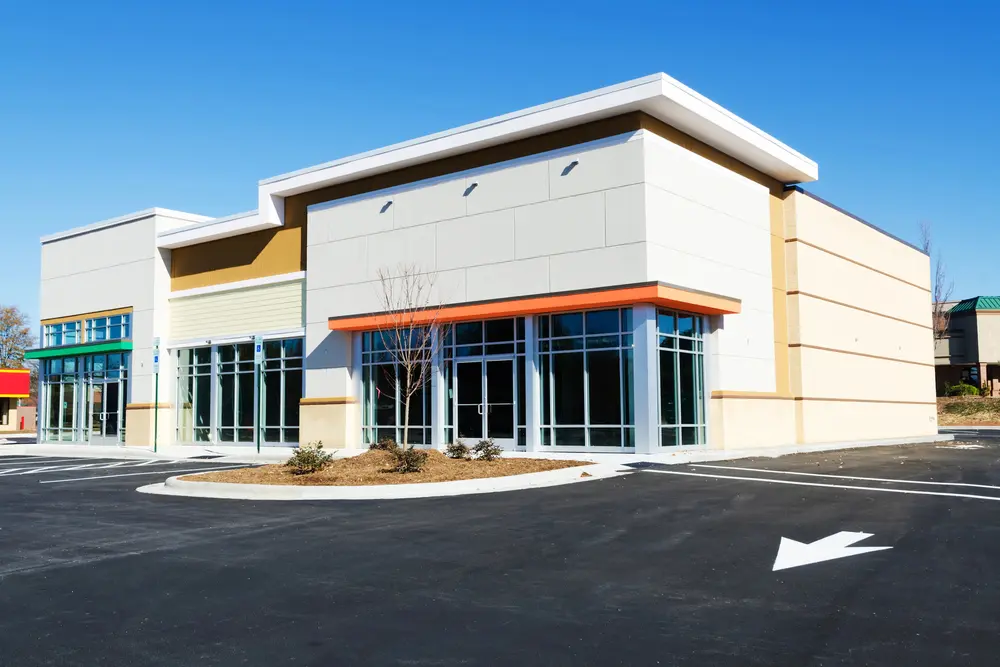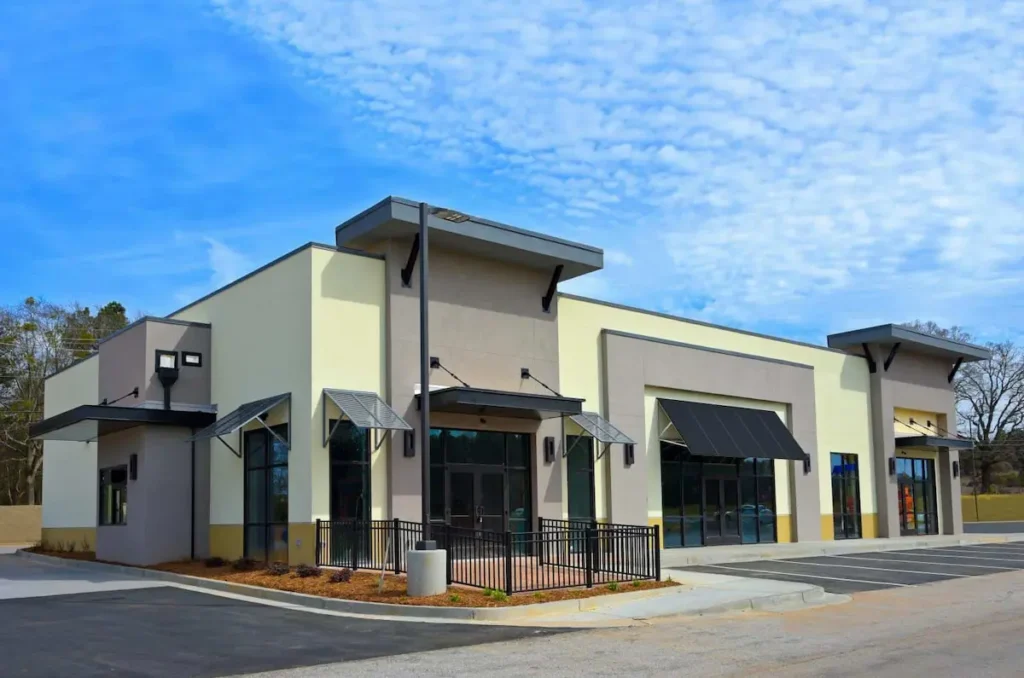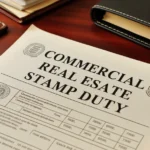A small commercial property for rent is a cost-effective business space perfect for startups, retailers, and service providers seeking prime locations without huge expenses. This guide covers everything from types and costs to legal tips and market trends, helping both tenants and landlords make informed decisions. Whether you’re opening a shop, leasing an office, or investing, the right property can transform your business success.

Content
Small Commercial Property for Rent – The Ultimate Guide

Understanding Small Commercial Property for Rent
A small commercial property for rent includes retail shops, offices, warehouses, and mixed-use units designed for small-scale operations. Compared to large spaces, these offer lower rent, flexible leases, and easier management.
Benefits for Tenants
- Lower startup costs.
- Access to high-traffic locations.
- Shorter lease commitments.
Benefits for Investors
- Steady rental income.
- High demand from small businesses.
- Easier property management compared to large commercial complexes.
Popular Types of Small Commercial Properties
Small Retail Space for Rent
Ideal for boutiques, cafes, and salons, these spaces are often located in shopping districts or high-traffic streets.
Office Space for Rent
Includes co-working offices, shared workspaces, and private suites for professionals, freelancers, and small teams.
Small Warehouse or Storage Units
Suitable for e-commerce businesses and logistics providers needing inventory space.
Mixed-Use Commercial Units
Properties that combine residential and retail functions, perfect for owner-operators.
Factors to Consider Before Renting

Location & Foot Traffic
Choose an area with consistent customer flow and proximity to suppliers.
Size & Layout Requirements
Match your square footage needs to your business operations to avoid overspending.
Lease Types
Understand gross leases, net leases, and percentage leases before signing.
Amenities & Accessibility
Check for parking, signage options, and public transport access.
How to Find the Best Small Commercial Property
Online Listing Platforms
Websites like LoopNet, Zillow Commercial, and Realtor.com offer searchable databases with filters for location, size, and price.
Commercial Real Estate Agents
Professionals can help negotiate better lease terms and find off-market deals.
Local Networking
Engage with your Chamber of Commerce and check local bulletin boards.
Costs & Budget Planning
Average Rental Prices
Rates vary by city, suburban, and rural areas. High-traffic urban zones are costlier.
Additional Expenses
Account for utilities, maintenance fees, insurance, and property taxes.
Negotiating Lease Terms
Request rent discounts, free rental periods, or landlord-funded improvements.
Legal Considerations & Lease Agreements
Reading the Fine Print
Review renewal clauses, rent increase terms, and subleasing options.
Zoning Laws & Licenses
Ensure the property is zoned for your specific business activity.
Tenant Rights & Duties
Understand who handles repairs, modifications, and dispute resolution.
Marketing a Small Commercial Property (For Landlords)
Creating Attractive Listings
Use high-quality photos, virtual tours, and detailed descriptions.
Digital Marketing Strategies
Promote through social media ads, Google Ads, and real estate portals.
Competitive Lease Offers
Offer flexible terms and incentives to attract tenants quickly.
Future Trends in Small Commercial Rentals
Rise of Remote Work
Increasing demand for shared offices and flexible leases.
Growth of Pop-Up Shops
Short-term retail rentals are gaining popularity.
Tech-Enhanced Spaces
Properties with smart locks, energy-efficient systems, and online management tools are in demand.
Conclusion
A small commercial property for rent offers flexibility, affordability, and growth potential for both businesses and investors. By carefully considering location, lease type, costs, and legal factors, you can secure a property that supports your goals. Whether you’re starting a business or expanding your portfolio, the right choice can lead to long-term success and profitability.

With a sharp eye for design and a passion for renovation, Samantha transforms fixer-uppers into dream homes. Her expertise in remodeling adds extra value to your real estate experience.












